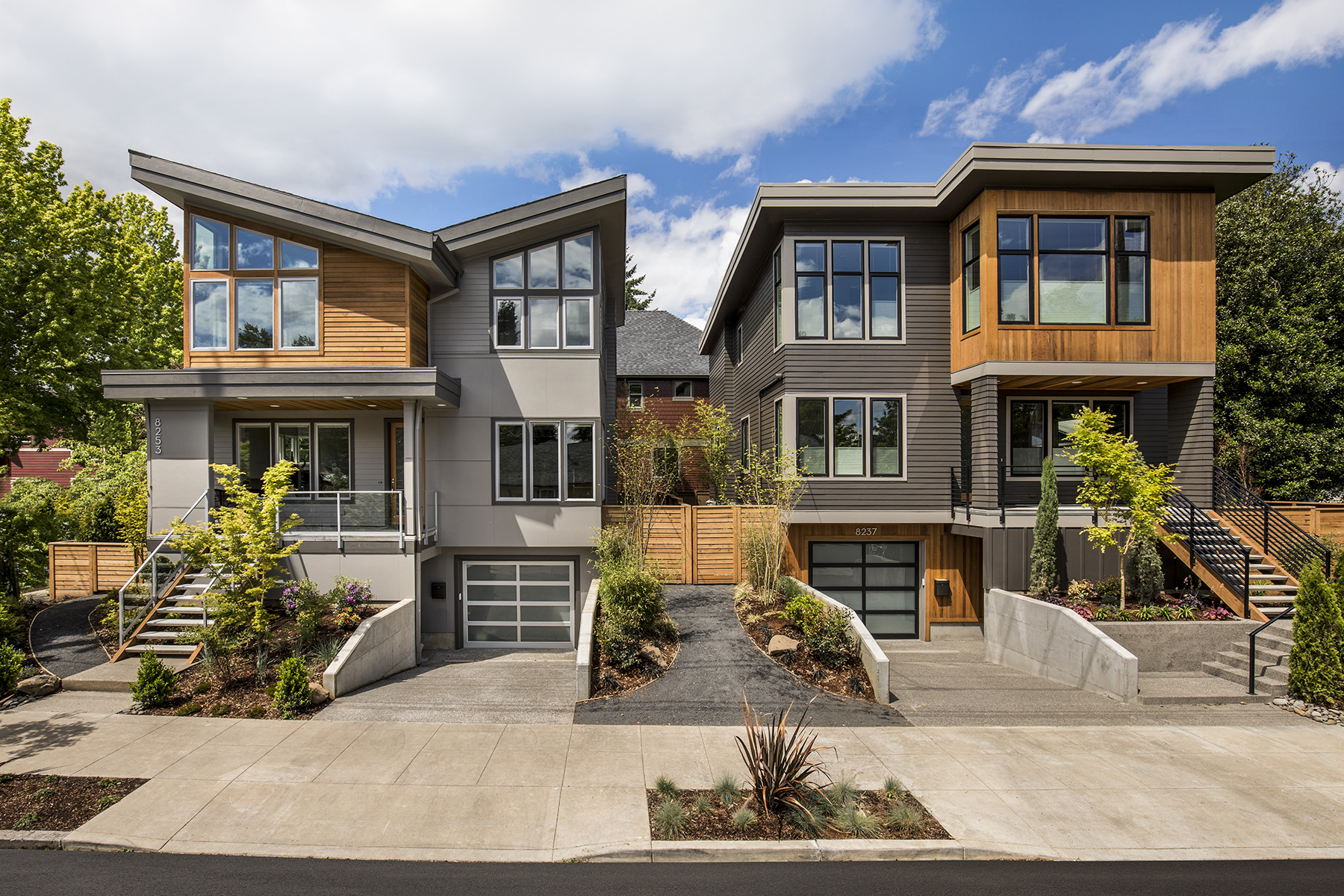As the need for modern homes continues to grow, builders and homeowners are increasingly incorporating advanced technology into their construction plans. Home tech automation has become a significant trend in new construction, changing conventional living spaces into smart environments that enhance comfort, safety, and resource efficiency. From automated lighting systems to state-of-the-art security features, the options for creating a fully connected home are nearly endless.
In this piece, we will examine the latest trends in home smart home technology for modern construction, providing insights and advice for those interested in constructing a modern home. Whether you are contemplating the advantages of smart home features, searching for the best materials to use, or attempting to navigate the challenges of funding and budgeting, we will cover a range of topics to help you make informed choices. Join us as we explore the thrilling future of home construction and the key components that make contemporary homes truly smart.
Navigating the Home Building Procedure
Building a brand new home can seem daunting at first, but dividing it up into manageable stages can make easier the journey. Begin by grasping the first phases, which include setting your budget, selecting a site, and determining the type of house you want. Investigating and selecting the right house builder is essential, as they will guide you along the entire journey. It's essential to ask potential builders about their experience, past projects, and recommendations to ensure you select someone who matches with your vision and expectations.
Once you have selected a builder, you'll enter the planning phase. This includes choosing a layout, making design choices, and choosing the smart home features you want to add. Consider current trends for eco-friendly designs and materials that can assist minimize utility costs. An spacious concept might be attractive for social interactions, while classical layouts can offer more defined spaces. Taking these choices early on will set the stage for a smoother building process.
As construction begins, stay involved and up-to-date. Understanding the building timeline can assist you manage anticipations and prevent surprises. Talk regularly with your builder to monitor progress and address any concerns that come up during the various stages. Staying proactive can avert delays and make certain that your new home matches with the vision you initially envisioned. In the end, navigating the house construction procedure effectively means being well-prepared and remaining engaged from start to finish.
Key Considerations for New Construction
When starting a fresh home construction project, one of the crucial considerations is the selection of the ideal location. The community and surrounding community can considerably impact your living experience and long-term property value. It's important to consider factors such as proximity to schools, shopping, and transportation, as well as the general safety and amenities of the area. Looking into zoning laws and planned developments can also provide insights into how the area may develop over time.
A further vital aspect is understanding the construction schedule and phases involved during the building process. Knowing how long it will take to build your home offers clarity and helps manage expectations. This timeline can vary significantly depending on factors like climate factors, availability of materials, and the effectiveness of your selected builder. Being aware of potential delays and having a clear communication line with your builder can ensure a less problematic construction experience.
Budgeting is a crucial component of new home construction. It's crucial to establish a feasible budget that covers not just the upfront costs of land and construction, but also unexpected expenses such as permits, design, and landscaping. Understanding where to cut back versus where to spend can significantly affect the quality and functionality of your fresh home. Teaming up with a financial advisor or builder can help you explore financing options and ultimately make informed decisions during the building process.
Concluding Actions Prior to Moving In

As you approach the completion of your fresh home, conducting a thoroughgoing inspection is essential. This process will help you spot any problems that should be addressing before you officially move in. Concentrate on areas such as floors, window frames, pipes, and electrical systems. Make a checklist of items to inspect, and feel free to bring in professionals if you're doubtful about specific details. This final inspection is your chance to ensure that all details meets your standards.
Once you've finished the inspection, it's time to tackle any pending tasks, including obtaining the necessary approvals to live in the home. Ensure that all inspections have been approved, and look for any final clearances required by your municipal authorities. Grasping zoning laws and building codes will help you prevent any last-minute issues, ensuring a trouble-free transition into your recently acquired residence.
Finally, organize your move carefully. Consider the best time of year to relocate, as weather conditions can significantly influence the process. Recruit help from friends or professional movers, and be deliberate about organizing and setting up your belongings. Additionally, create https://longshaw.com/southern-highlands-new-home-builder/ for your new space to maximize functionality and aesthetic appeal, helping you get comfortable in your new home smoothly.
